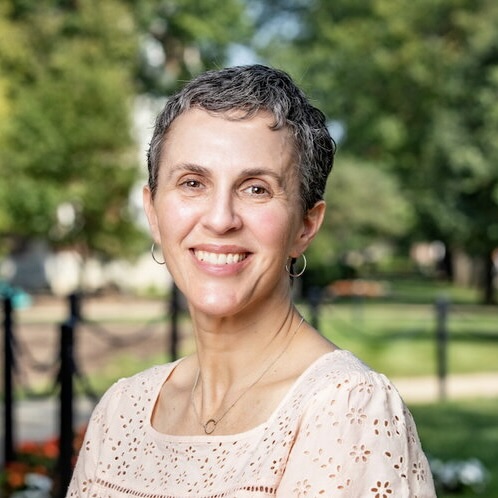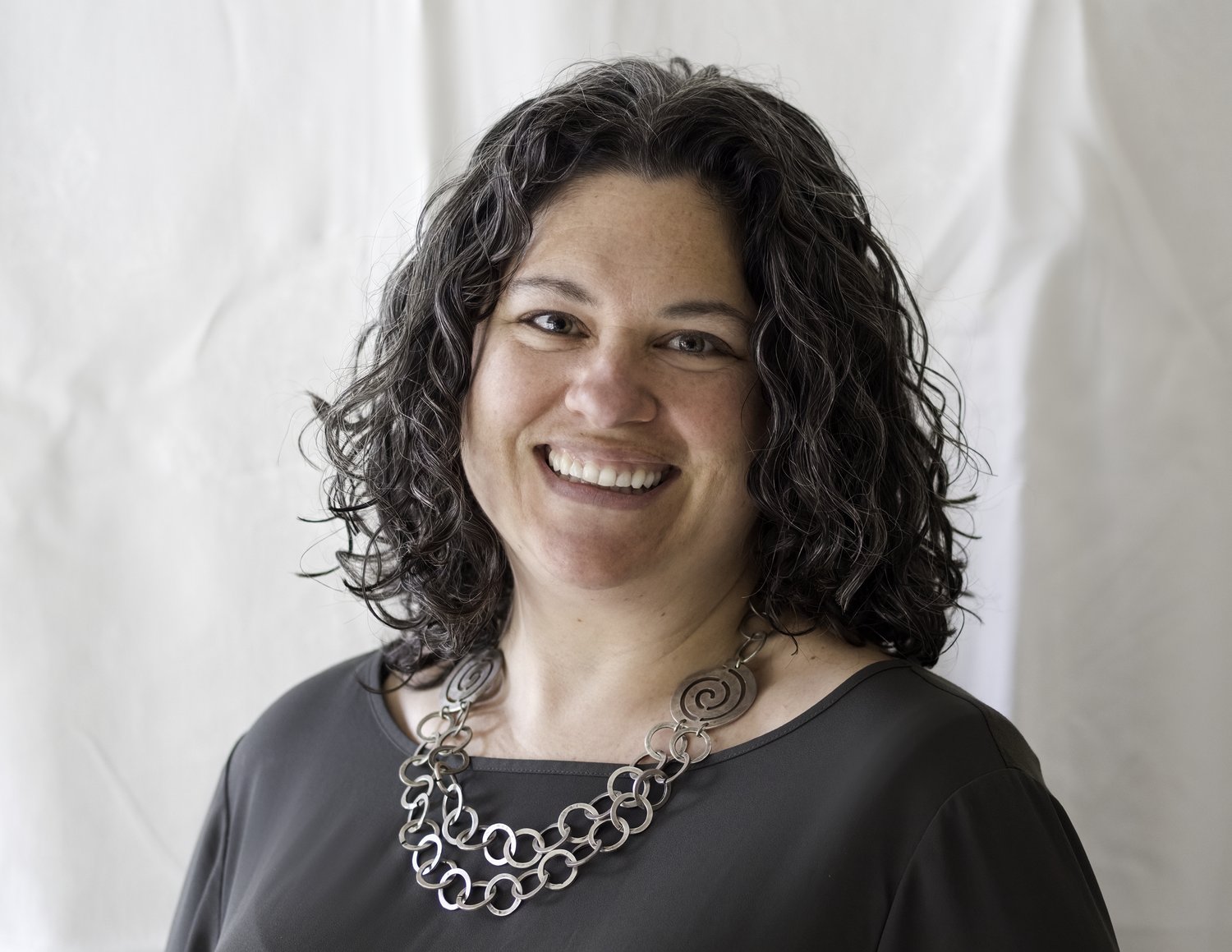the mill
institute
Less certain, more curious.
Please note that the above link leads to the general UATX donation page. If you would like to make a gift towards the Mill Institute, please be sure to let us know in the notes section of your donation.

Why Our Work Matters
.webp)

The Mill Institute is leading a movement of educators across North America that have the skills and the support to open their classrooms to diverse viewpoints and open inquiry.
American educators are facing a social and political climate that stifles open classroom conversations. Students and teachers have become increasingly reluctant to discuss controversial issues or take intellectual risks for fear of harsh social or professional penalties. This is not a “Right” or a “Left” problem, but an education problem. And the result is a failure to teach students how to engage across ideological and political differences. This is a threat to our democracy and the civic institutions that enable it to thrive.
The Mill Institute fills a gap in the education landscape left by organizations that teach critical thinking skills but shy away from tough political topics, and those that address controversial topics in ideological ways. We help teachers dig into topics that others may be afraid to touch, and we do so without a political agenda.
What we do
.webp)

The Mill Institute provides training and resources to teachers and advisory support to administrators so they can navigate contentious topics with students and throughout their school communities.
Our unique programs and resources create a foundation for open dialogue in the classroom by:
- Developing a set of shared goals and establishing ground rules for open classroom discussion
- Helping students explore, clarify, and identify the assumptions, values, and beliefs that underlie competing perspectives
- Supporting students to move away from oversimplified explanations and, instead, define their logic and their words with precision
At its core, our work helps students challenge their own “settled thinking” – the belief that hot-button issues linked to topics like race, gender, fairness, and equality have obvious or easy answers.

Education means emancipation. It means light and liberty. It means the uplifting of the soul of man into the glorious light of truth, the light only by which men can be free.
How we do it
our
Programs

High School Teacher Fellowship
Applications for the Mill Institute’s 2024-2025 Teacher Fellowship are now open!
Each year, we bring together high school teachers from across the U.S. and Canada who are passionate about cultivating viewpoint diversity and open inquiry in the classroom.
Accepted fellows have the opportunity to:
- Join an active community of educators committed to promoting viewpoint diversity.
- Travel to Austin for an in-person collaboration weekend.
- Receive training on the Mill Institute's Framework.
- Create and workshop new classroom resources.
- Receive a $1,000 stipend for their efforts.
Learn more and apply at the registration link below. Applications close June 15th.

Viewpoint Diversity Challenge
The Viewpoint Diversity Challenge is a complete, ready-to-go, one-hour session for teachers who want support to start discussing current event stories with their students. Students read and discuss news stories while learning tools for exploring opposing viewpoints.
Teachers from 25 states registered for the fall 2023 challenge, reaching more than 4,000 students.

Weekend Professional Development Workshops for Teachers
The Mill Institute will be taking our one-day professional development workshops on the road in Spring 2024! These workshops are focused on applying theory to practice. Participating high school educators will:
- Receive an introduction to the Mill Institute's Framework for Challenging Settled Thinking
- Develop a shared vision and ground rules for open inquiry and challenging settled thinking in the classroom
- Engage in exercises around how to tackle difficult conversations in the classroom
If you are interested in participating in or hosting one of these workshops, please let us know by filling in the type form below.
OUR TEAM

Ilana Redstone
Co-director

Ilana Redstone
Co-director
.svg)

Elisheva Avishai
Co-director

Elisheva Avishai
Co-director
.svg)
.webp)
Lauren Kish
Program Manager
.webp)
Lauren Kish
Program Manager
.svg)
support our work
funding opportunities
Teacher Fellowship Program
Expanding our flagship Teacher Fellowship Program by tripling the number of our existing teacher communities ($350,000)
Democracy Project
Launching our Democracy Project to help students and teachers unpack key voting issues during the 2024 election and beyond ($200,000)
Viewpoint Diversity Challenge
Scaling our Viewpoint Diversity Challenge by 10x to reach 1,000 classrooms (and 30,000 students) by 2025 ($500,000)
Open Access Resources
Building an open-access virtual resource library for teachers ($150,000)
We need your support to transform the experiences of students and teachers across America, and to help thousands of classrooms be spaces where open and honest conversations can happen.
other ways to contribute
Crypto
To make a donation to UATX via crypto, click here.
Donate by check
To donate by check, please make payable to “UATX.” Address:
UATX
912 S Capital of Texas Hwy, Suite 180
Austin, TX 78746
Stock donations
UATX accepts stock donations. To do so, please contact donate@uaustin.org or see our page here for more information.
Wire transfers
To transfer funds directly to UATX, please contact donate@uaustin.org.
Planned Giving
We invite you to consider making a planned gift to UATX. For more information, please see here
UATX is a nonprofit organization dedicated to founding an institution of higher education in or near Austin, Texas that is dedicated to free and open inquiry. On behalf of that future institution, UATX will pursue authority from the State to offer degrees while also seeking accreditation from an agency duly recognized by the US Department of Education. UATX is a 501(c)(3) charitable organization. Contributions to UATX may be tax-deductible for income, gift, and estate tax purposes. Consult with your advisor on specific tax-deductibility. UATX’s federal tax identification number is 87-1925354. See registration disclosures.


.svg)



.webp)

